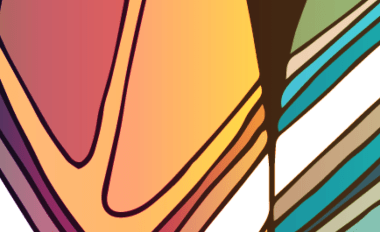- Published by:
- Victorian Aboriginal Heritage Council
- Date:
- 1 Jan 2021
Introduction
Culture is important for Aboriginal Peoples. Traditional Owners are the custodians of their heritage, the land, the waterways and the People.
Aim of this Discussion Paper
This Discussion Paper seeks feedback from Victorian Aboriginal Peoples about their Cultural Heritage management.
The past shapes our future: the historical context
The Aboriginal Heritage Act 2006 (Vic) (AHA) came into effect in 2007 to replace the ‘relics’ model of protection.
Where are we now? Current threats to Victorian Aboriginal Cultural Heritage
There remain significant threats to Aboriginal Cultural Heritage in Victoria.
Culture is living: Importance of Victorian Aboriginal Cultural Heritage
Aboriginal Cultural Heritage comprises the intangible and tangible aspects of the whole body of cultural practices, resources and knowledge systems.
How Aboriginal culture is understood by Victorians
Victorian Aboriginal Peoples have a strong understanding of their culture, heritage and spirituality.
Self-determination and Aboriginal control: Management of Aboriginal cultural heritage in Victoria
The fundamental principles of self-determination and Aboriginal control and management of cultural heritage are enshrined in the United Nations Declaration on the Rights of Indigenous Peoples.
Land is our future: Caring for Country
Aboriginal Peoples have a deep connection with land and waters with Country, which is central to their spiritual identity.
Waters are our spirit
Aboriginal Peoples in Victoria have a deep connection with waters and waterways.
Plants and animals
Plants and animals are totems for Aboriginal Peoples.
Cultural objects
Victoria’s museums and archives are now home to many objects of enormous cultural significance to Victoria’s Aboriginal Peoples.
Art and performance
Aboriginal Peoples have the right to practice and revitalise their Cultural Traditions, to develop manifestations of their culture including performing arts.
Language
Before the start of colonisation there were around 40 Aboriginal languages spoken in Victoria.
Traditional knowledge
For Aboriginal and Torres Strait Islander People, traditional knowledge includes ecological knowledge, medicinal knowledge, environmental management knowledge and cultural and spiritual knowledge.
Aboriginal Cultural Heritage Register - intangible heritage
The 2016 amendments to the AHA recognised Aboriginal intangible heritage, introduced a system for recording intangible heritage on the Aboriginal Cultural Heritage Register.
Respecting those who came before: Ancestral Remains
Since colonisation there has been large scale – public and private – theft of Ancestral Remains and ceremonial objects from Aboriginal burial grounds.
Giving voice to people: Revitalistion of cultural heritage practices
Aboriginal People hold distinct Cultural Rights and must not be denied the right to enjoy their identity and culture.
Where to now? Improving the state of Victoria's Aboriginal cultural heritage
Aboriginal cultural heritage must be recognised as an invaluable asset.
Continuing the discussion
We would like to hear from Victoria’s Aboriginal peoples and those working with them about the state of Aboriginal cultural heritage in Victoria.
Glossary and footnotes
Taking Care of Culture Discussion Paper glossary and footnotes.
Appendices
Taking Care of Culture Discussion Paper appendices.
Updated

